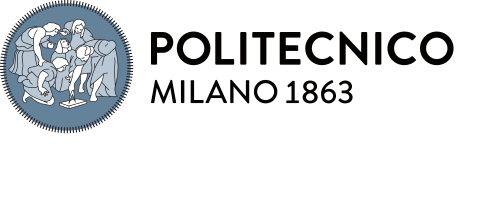
POLITECNICO DI MILANO (POLIMI) has a long tradition in laser science and hosts more than 10 independent optics/photonics laboratories, mainly dedicated to ultrafast, precision, non-linear and biomedical optics. POLIMI has state-of-the-art facilities as the Ultrafast Optics and Spectroscopy Laboratory for coherent Raman scattering spectroscopy and microscopy, and the Nonlinear Optics and Frequency Comb Spectroscopy laboratories. The group focuses on developing state-of-the-art femtosecond laser sources with broad spectral tunability, extreme time resolution, and frequency resolution. POLIMI is a member of the integrated European initiative LASERLAB Europe which provides external users with access to advanced ultrafast optical setups. POLIMI will be the project manager of TROPHY, will work on the development of the non-linear laser source and on the validation of the TROPHY concept, and will assess the technical performance of the microscope. POLIMI will also participate in the assessment of the optimal working conditions and in the validation of the microscope for its application to cancer diagnostics.
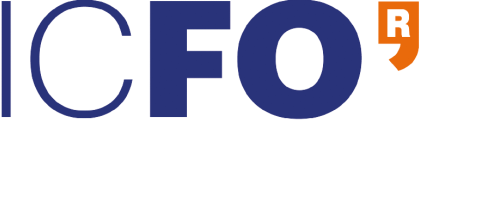
FUNDACIO INSTITUT DE CIENCIES FOTONIQUES (ICFO) has 60 research laboratories devoted to photonics applied to medicine and biology, advanced imaging techniques, information technologies, quantum science and technologies, and photovoltaics, and participates actively in the European Technological Platform Photonics21. The group counts with cutting-edge equipment in all ranges of photonic applications, nano-scale microscopy, ultrafast spectroscopy, and nanofabrication. The ICFO group has broad expertise in designing and implementing novel experimental schemes and platforms for nano-scale microscopy, digital holography, detection of single molecules, femtosecond coherent control of single quantum emitters, Fourier transform spectroscopy, and non-classical photon statistics. At TROPHY, ICFO will develop the all-optical widefield lock-in camera combining IR microscopy and DHM leading to shot-noise-limited widefield detected transient imaging. ICFO will also participate in the validation of the TROPHY concept, in the development of the FT detector, and in the design and assembly of the microscope.
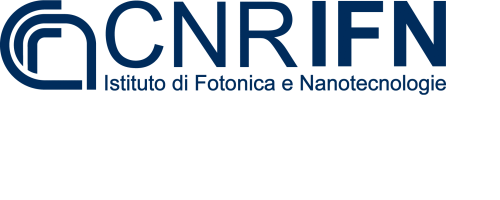
CONSIGLIO NAZIONALE DELLE RICERCHE (CNR), in its Institute of Photonics and Nanotechnologies, carries out innovative fundamental and applied research oriented towards nano- and microelectronic devices, photonic devices, innovative materials, applications of lasers and incoherent sources, exploitation of synchrotron light and X rays. CNR has fully-equipped laboratories with laser systems, homemade broadband sources from the UV to the IR spectral range, and electronic and optical instrumentation for the characterization of laser light in the whole spectral range. The facility also offers specialized mechanical workshops and technical staff for support in mechanics, computer science, and electronics. Within TROPHY, CNR will develop the FT detection to achieve frequency resolution in the IR vibrational excitation and will lead the dissemination and communication activities. CNR will also participate in the development of the lock-in camera, in the microscope design and implementation, in the image collection and development of novel AI algorithms, and in optimizing the working conditions of the microscope and validating its application for cancer histopathology..
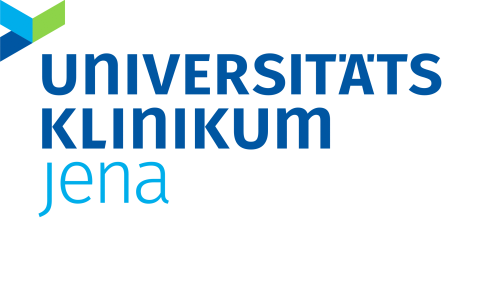
UNIVERSITAETS KLINIKUM JENA (JUH) is the only academic medical center of Thuringia, Germany. The Otorhinolaryngology, Head and Neck Surgery department maintains the only academic HNC center for a catching area of 2.2M people, and it has its own clinical trials centers (running 8 clinical trials on HNC). It has a large wet lab that allows the combination of classical laboratory work and the application of biophotonic technologies covering all laser classes for human use. JUH has its own registered biobank with >2000 classified HNC tumor probes and has published >90 original articles on HNC in the last ten years with a special focus on new biophotonics diagnostics for HNC. At TROPHY, JUH will define the system specifications and the imaging protocol for research and diagnosis and will validate the microscope for histopathology in cancer and immunotherapy, using cancer cell lines and slices from tumor biopsies. JUH will also request ethical approval from the Ethical Committee of JUH and will participate in the image collection and development of AI approaches by providing tumor samples.
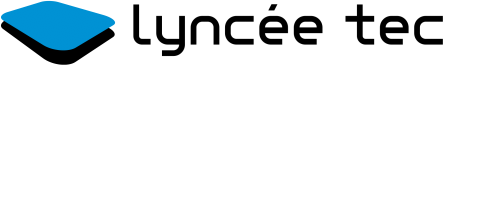
LYNCEE TEC SA (LT) is an SME led by pioneer researchers of Digital Holographic Microscopy (DHM®). LT has a full range of DHM® commercial systems, optical tables, and opto-mechanical material for tests and prototypes. It works in close cooperation with the Swiss Federal Institute of Technology (EPFL) to access to life sciences laboratories to make tests on living cells. LT has worked for many years in the interpretation of quantitative phase imaging data in terms of underlying processes and has participated in many seminal publications. At TROPHY, LT will design and engineer the hardware of the microscope, including optics and electronics components, as well as the software for remote control, and will lead the exploitation strategy and the IPR issues. LT will also participate in the development of the FT detector, and in the microscope characterization, and will contribute during the applicative demonstration of the microscope.
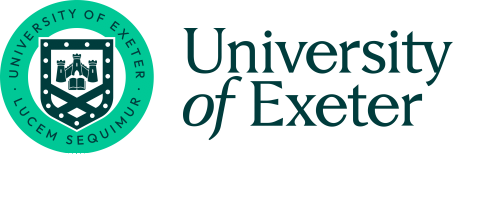
THE UNIVERSITY OF EXETER (UNEXE) has full-equipped laboratories with Raman microspectrometer, FTIR – FPA microspectroscopy and ATR imaging, Scanning Photo-thermal-IR/Raman microscope, Coherent Raman Imaging Stations, Independent SHG imaging microscope, Deep Raman systems, Probe-based Raman, Combined Brillouin/Raman microscopy for compositional and mechanical probing of cells and tissues, STED and STORM super-resolution microscopes, Whispering Gallery Mode single-molecule detection systems, and confocal fluorescence microscopes with multiple excitation lasers. UENEXE research focuses on novel spectroscopic approaches to studying disease, in vivo medical device development, novel optical theranostics, and a biomedical coherent Raman imaging facility. At TROPHY, UNEXE will provide the ‘gold standard’ spectral histological tissue imaging data using FT-IR and PT-IR microscopy and will develop novel AI approaches for image analysis. UNEXE will also collaborate in the development of biophysics-informed AI tools for image analysis and in the definition of the system specifications and its validation for cancer diagnostics.
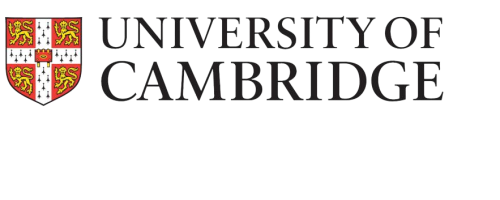
THE CHANCELLOR, MASTERS AND SCHOLARS OF THE UNIVERISTY OF CAMBRIDGE (UCAM): The TROPHY project will be carried out in the Computer Science and technology Department, which was funded in 1937 with pioneering works in building complete computers (the EDSAC was commissioned in 1949 and the EDSAC 2 in 1958). The department has a good number of computer system administrators who monitor a large number of CPUs and GPUs, and storage devices. These resources are available to Prof Pietro Lio’ who is also the recipient of an EPSRC grant to use National High-performance resources. Pietro Lio’ is also a member of the Cambridge Big data steering committee and of the High-performance computing committee of Cambridge. He can access a variety of expertise across the University of data governance. UCAM will lead the development of biophysics-informed AI tools for image analysis.
